Install the app
How to install the app on iOS
Follow along with the video below to see how to install our site as a web app on your home screen.
Note: This feature may not be available in some browsers.
You are using an out of date browser. It may not display this or other websites correctly.
You should upgrade or use an alternative browser.
You should upgrade or use an alternative browser.
Official Protest Thread...
- Thread starter Camille
- Start date
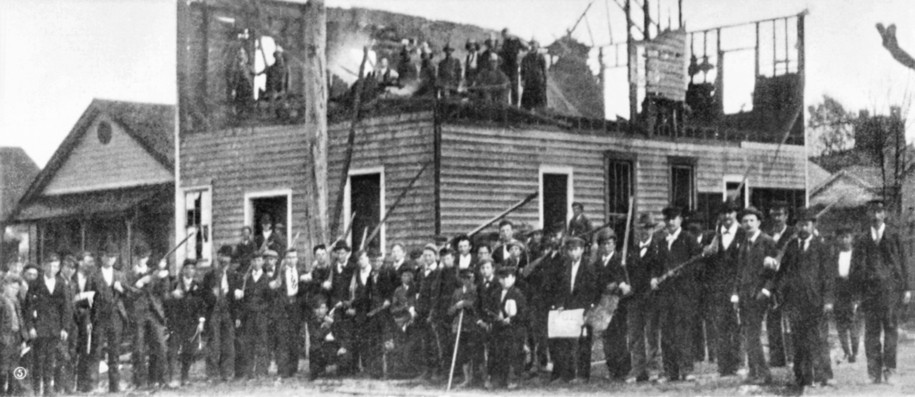
There has been one successful coup in the United States. It foreshadowed the rise of Donald Trump
In his failed efforts to overturn the 2020 election result, Donald Trump has been accused of attempting to subvert the will of the American people by instigating a coup d'etat—an act of overthrowing or usurping lawful government powers by employing...
www.dailykos.com
The white mayor of Macon, Georgia, has vetoed the renaming of the municipal auditorium for the city’s first Black mayor. The resolution to honor C. Jack Ellis passed 5-4, but Mayor Robert Reichert put the kibosh on it. City Commissioner Mallory Jones, who voted against the resolution, called Ellis “a divisive political character,” the Macon Telegraph reported. Commissioner Elaine Lucas blasted those who supported the measure, saying earlier this month, “It just becomes so obvious to this majority Black city that the folks who rise to the highest level of leadership in this community, if they are Black, then they can’t be respected.” Reichert also vetoed an anti-discrimination rule, telling commissioners that “discrimination against any individual for an improper reason is easy to denounce, but it is sometimes difficult to prohibit.”
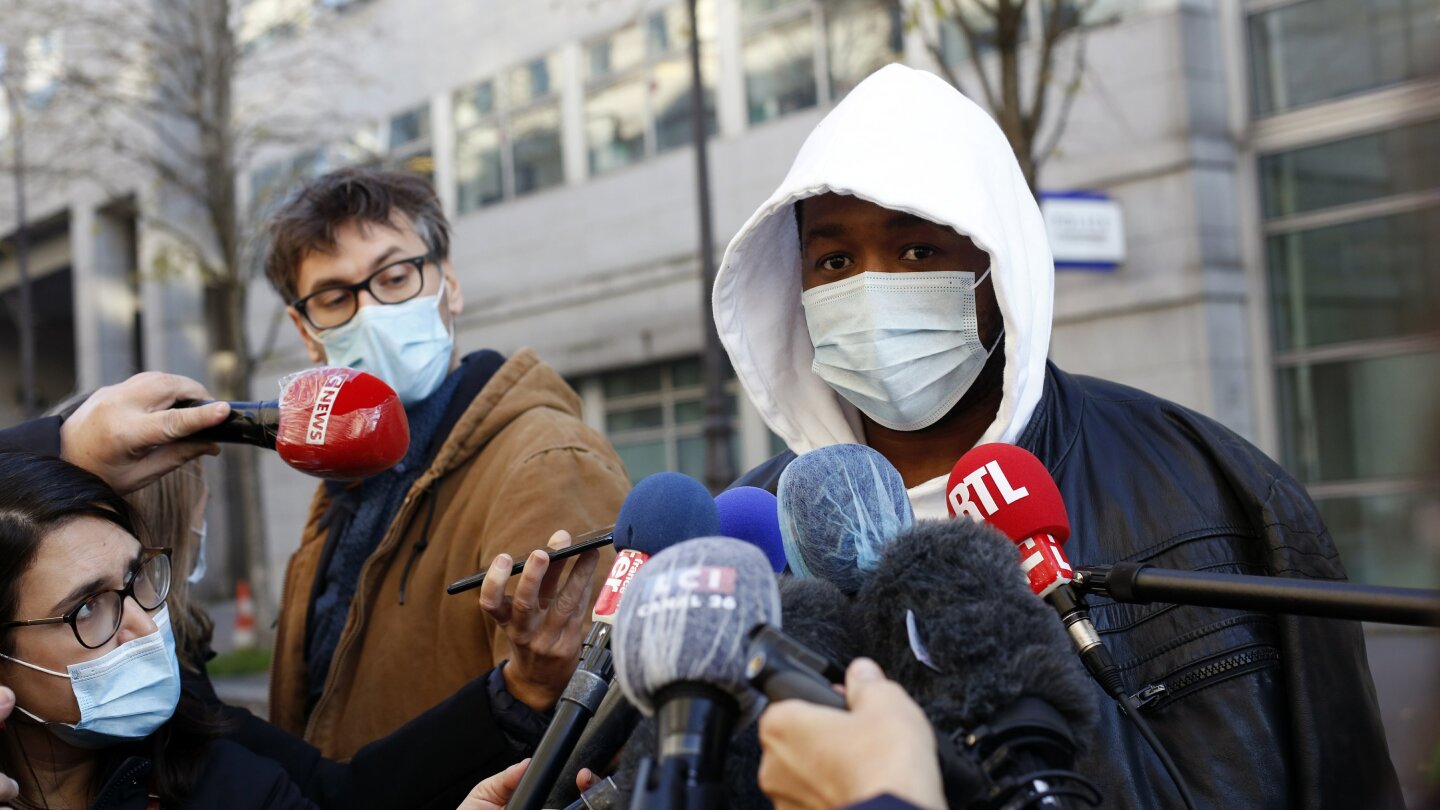
Paris police suspended over beating of Black man
PARIS (AP) — A Black man beaten up by several French police officers said he is seeking justice after the publication of videos showing officers repeatedly punching him, using a truncheon and tear gas against him for no apparent reason.
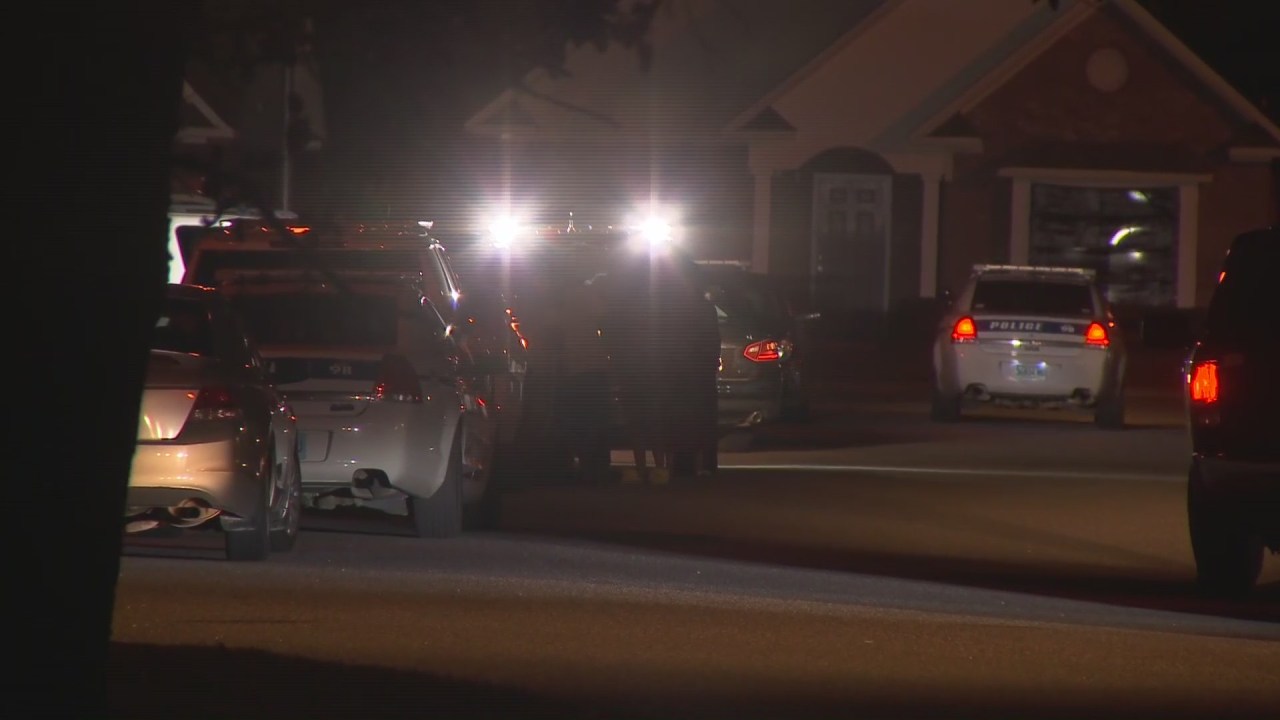
UPDATE: Teens suspected in 19-year-old’s murder at Bennett Pointe Apartments pleads ‘not guilty’
Mobile Police confirmed the 19-year-old man shot at Bennett Point Apartments has died. Homicide investigators are working the scene.
 www.wkrg.com
www.wkrg.com
EDITORIALS
Editorial: Body cameras are long overdue for sheriff's office
Columbus Dispatch
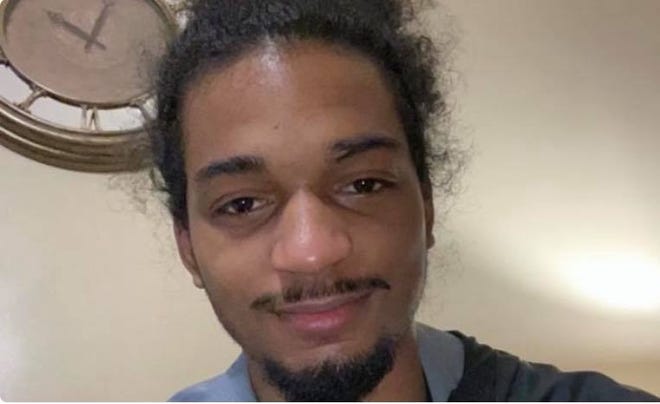
Nearly a week after Casey C. Goodson Jr. was shot and killed by a Franklin County sheriff’s deputy assigned to the U.S. Marshals Service, we know disturbingly little about what happened. Such ambiguity about use of lethal force would be unacceptable in any circumstances, but because Goodson was a Black man, killed by a white law-enforcement officer without any clear justification, the lack of information is potentially explosive.
By midweek, protests were being planned for Friday and Saturday Downtown. The Dispatch joins the NAACP and city officials in urging those who will protest to make their point with speech and their presence, and refrain from violence and destruction that could detract from their very necessary message.
Widespread anger over Black and brown people dying at police officers’ hands in uncertain circumstances is justified. In this case, it’s compounded by the fact that Franklin County deputies aren’t equipped with body cameras, simple tools that would leave much less room for conjecture about what happened when deputies take action.
Sheriff Dallas Baldwin said Monday that his office has been discussing body cameras for years and hoped to buy them in 2021. The sheriff’s office now is seeing tragic results of that delay.
It isn’t as if body cameras guarantee perfect clarity in a chaotic confrontation, but in this case, law enforcement and Goodson’s family give very different accounts of what happened.
On Friday afternoon, federal marshals were part of a fugitive task force conducting an operation in the Northland area. Jason Meade, a 17-year veteran of the sheriff’s office, is assigned to the marshals service, and he shot Goodson, 23, who was not the target of the task force and had nothing to do with the federal investigation.
Law enforcement officials say that, after they concluded their operation, Goodson drove by waving a firearm at police. They say that Meade followed Goodson’s car to investigate and that Goodson got out of the car at what turned out to be his grandmother’s house, where he lived.
Meade says he ordered Goodson to drop the gun and that, when Goodson didn’t obey, the deputy sheriff shot him.
Goodson’s family, represented by an attorney, says he was carrying a bag of food from Subway as he returned from a dentist appointment. Meade shot Goodson multiple times in the torso, according to the coroner's office. Goodson's family says he was hit in the back as he trying to unlock his front door. The statement from the coroner's office after a preliminary autopsy did not provide specifics about the bullets' trajectory.
Police officers say a gun “was recovered from” Goodson, but they haven’t said where it was found. He had a concealed carry permit allowing him to carry a gun and to have a gun in his car.
Monday and Tuesday brought an unseemly game of hot-potato over which agency will investigate the incident. While it would be typical for Columbus police to investigate a shooting by a sheriff’s deputy in the city, Mayor Andrew J. Ginther directed the police division to ask the Ohio Bureau of Criminal Investigation, operated by the state attorney general’s office, to take over.
Hours after Columbus police announced on Monday that BCI would handle the case, Attorney General Dave Yost said the bureau would not do so, because BCI agents hadn’t been called to the scene from the beginning.
Tuesday brought an announcement from U.S. Attorney David DeVillers that the FBI’s Civil Rights Division will work with the city police division’s Critical Incident Response Team to investigate.
DeVillers’ office certainly has earned public credibility for its handling of wide-ranging political corruption probes. We hope that he can bring the same credibility to this task. It is crucial that this tragedy is investigated fairly to ensure justice — and public confidence in the justice system.

Baltimore Mayor Brandon Scott Sworn Into Office With Fresh 'Fro And Fade
As the city's youngest mayor in more than a century, Scott, 36, brought style and flair to his swearing in ceremony on Wednesday as he launches a multi-layered effort built on progressive reform,
 newsone.com
newsone.com
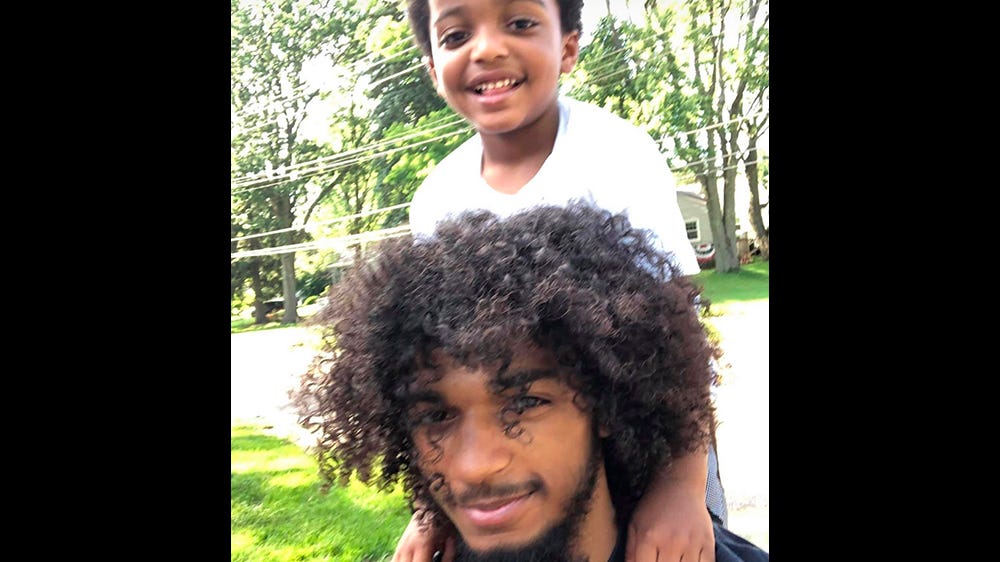
The Other Columbus: What the killing of another Black man makes you do
It's impossible for me to write about anything else absent the luxury of public safety
www.columbusalive.com
Similar threads
- Replies
- 105
- Views
- 7K
- Replies
- 58
- Views
- 856
- Replies
- 1
- Views
- 114

